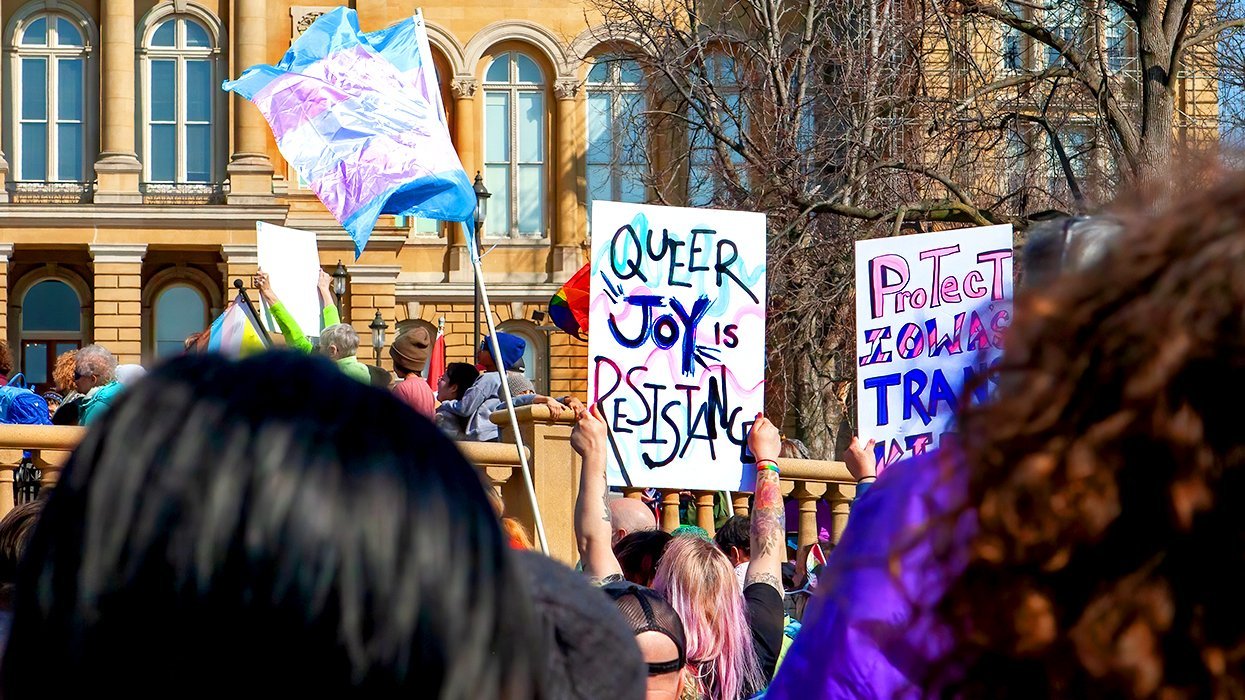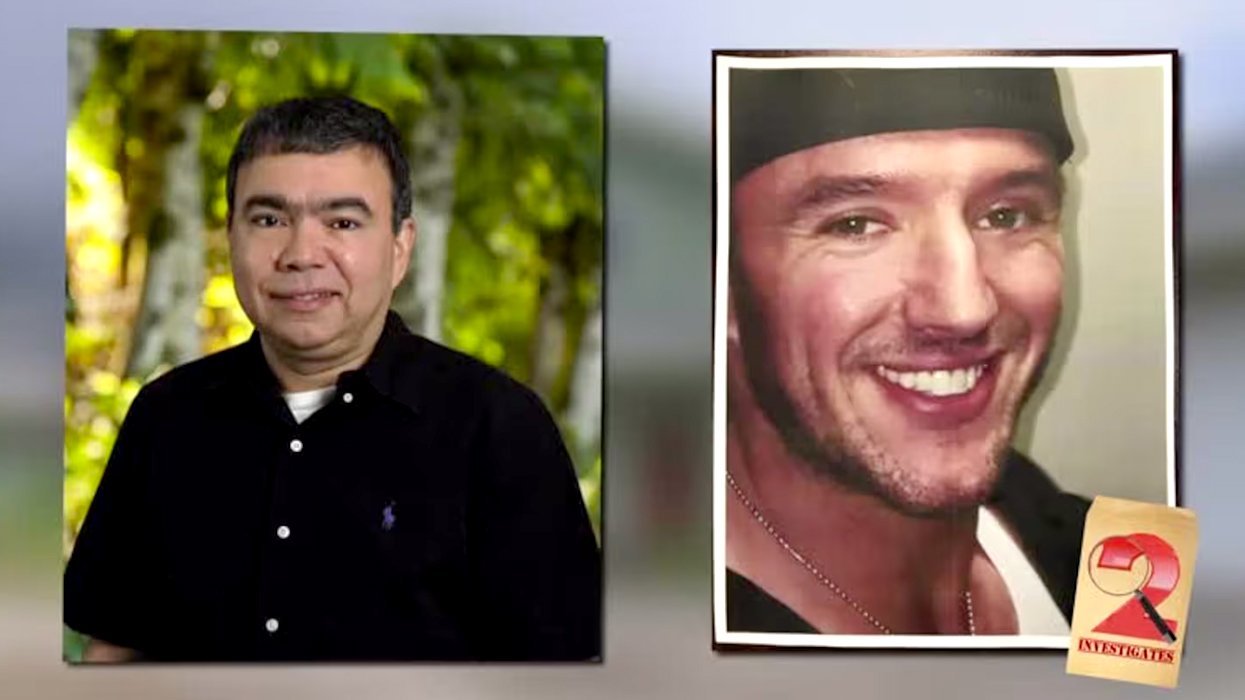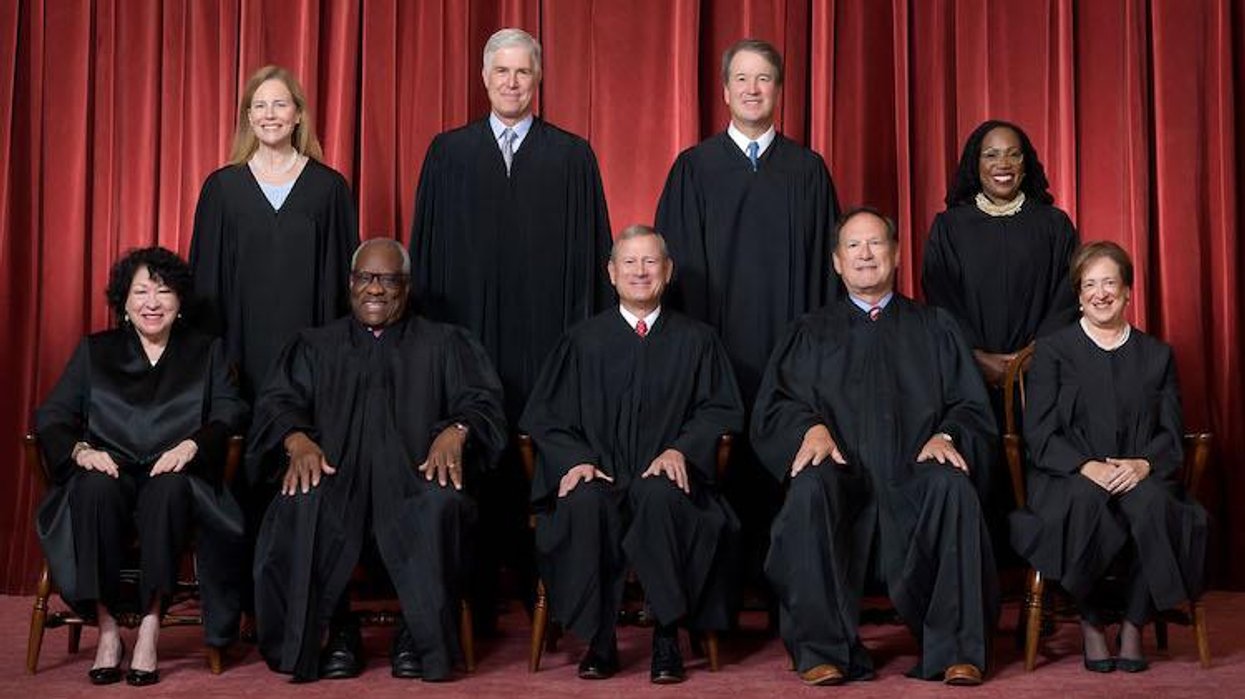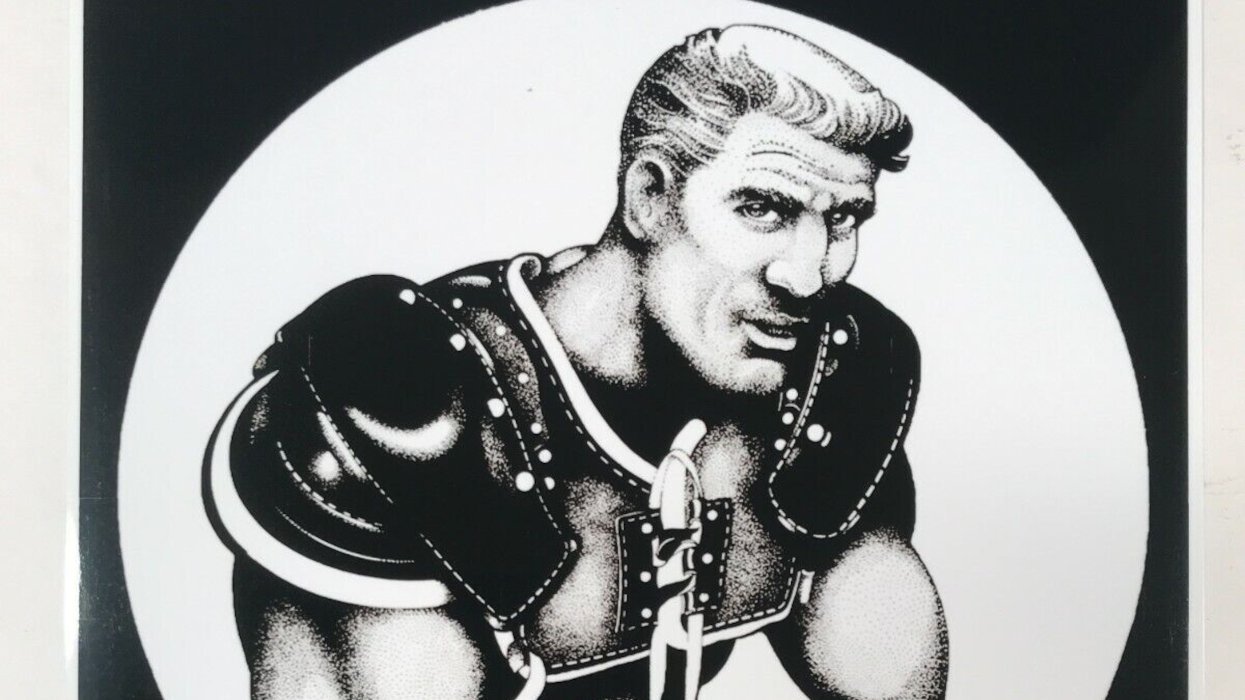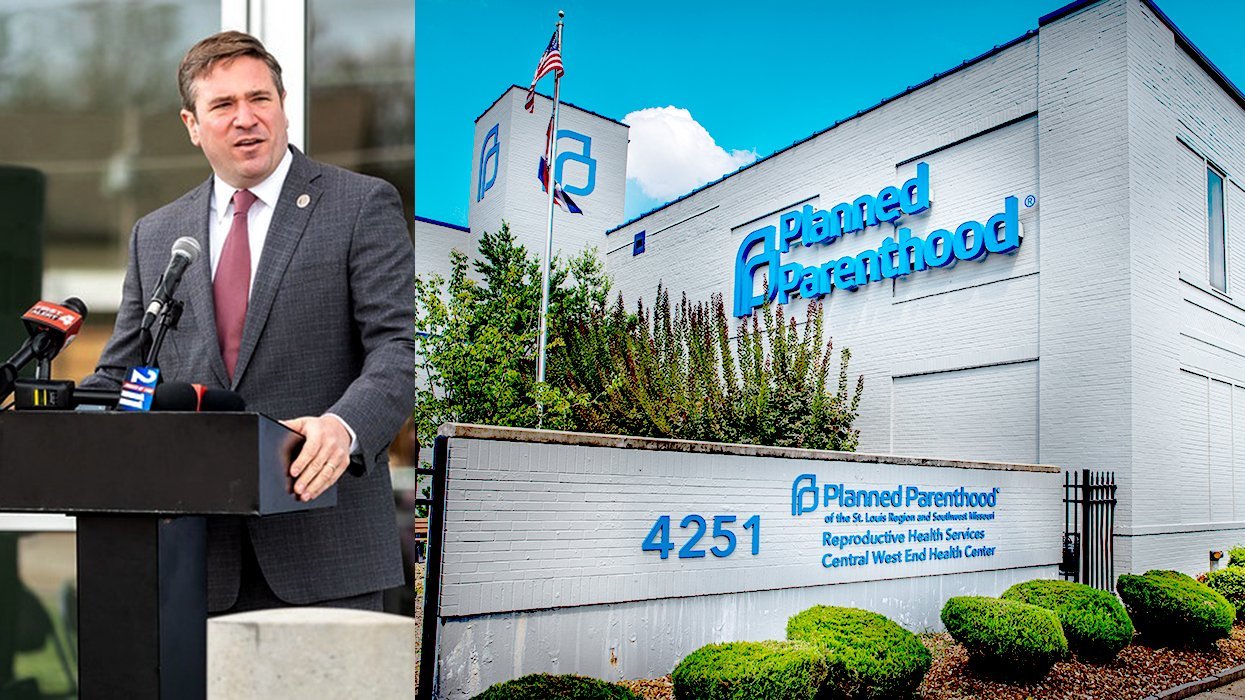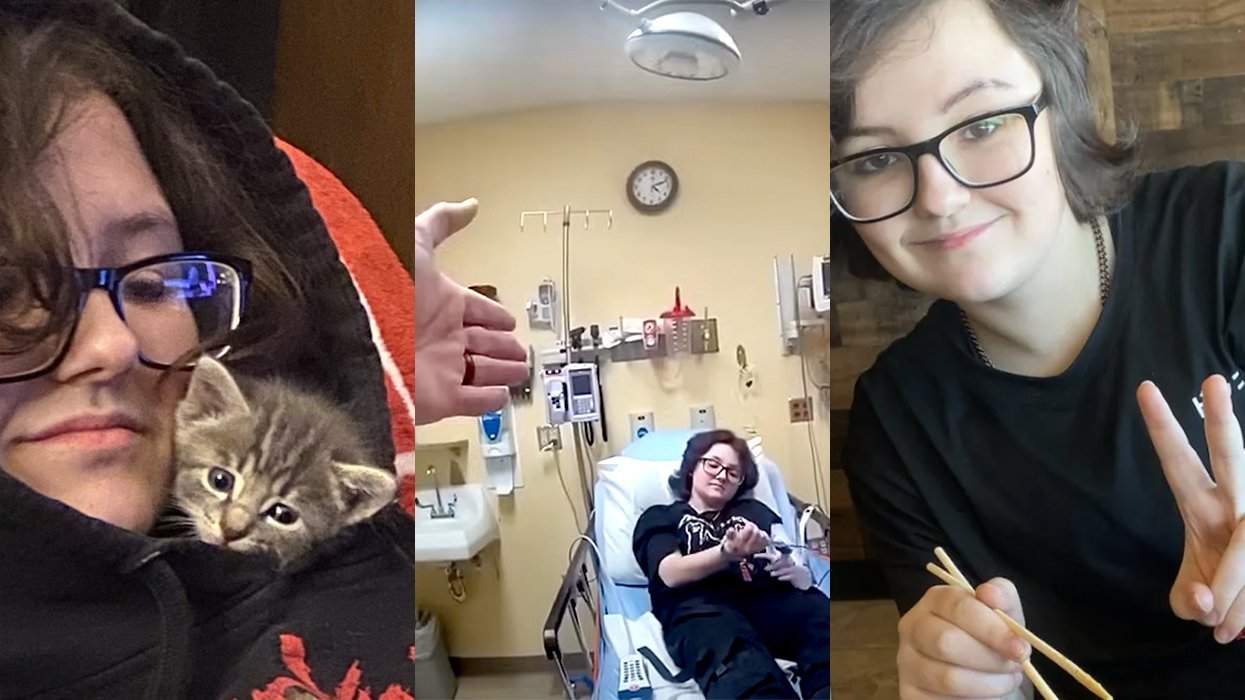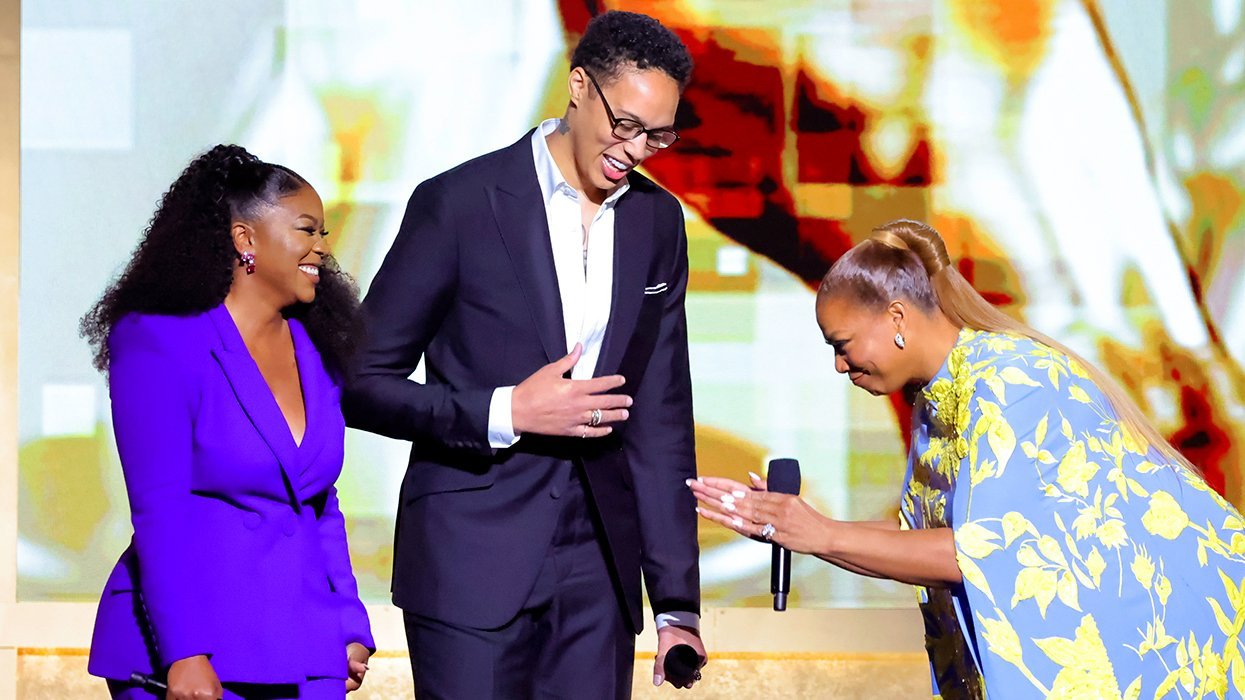Transgender youth
in New York's juvenile detention centers are now
allowed to wear whatever uniform they choose, be called by
whatever name they want and ask for special housing
under a new anti-discrimination policy drawing praise
from advocacy groups.
''New York is way ahead of the curve,'' said
Roberta Sklar, a spokeswoman for the National Gay and
Lesbian Task Force. ''When you have a system like the
New York Office of Children and Family Services putting out
a clear nondiscrimination policy, it should be seen as
a model for similar kinds of agencies all over the country.''
The policy went into effect March 17, the day
Gov. David Paterson was sworn into office. Last month,
Paterson directed all state agencies to recognize
same-sex marriages legally performed elsewhere as valid in
New York.
Paterson spokesman Errol Cockfield said the
policy reflects the state's intent to be ''tolerant,
responsive and respectful'' of gender identity and
gender expression issues.
Hawaii and California are among the handful of
states that have taken steps to afford specific civil
rights protection to gay, lesbian, bisexual and
transgender youth in foster care and juvenile detention,
said Susan Hazeldean, director of the Peter Cicchino Youth
Project for the New York City-based Urban Justice Center.
In a 2001 report, the center found that gay,
lesbian, bisexual and transgender youth routinely
experienced discrimination, harassment and violence in
New York's juvenile justice system. The state runs 30
juvenile centers, which house about 1,200 residents. OCFS
officials estimate there are between 20 and 30
transgender youth in its system.
''What we were concerned about is that LGBT
young people are entering these programs facing a lot
of hostility and violence, and coming out more
traumatized and more damaged than when they went in,''
Hazeldean said. ''We think this policy is going to
make a real difference.''
Ross Levi, public policy director at Empire
State Pride Agenda, the state's largest gay rights
organization, also said the OCFS policy was among the
most far-reaching in the country.
''OCFS has wisely said these students need an
environment that is safe and that helps them reach
their full potential,'' Levi said. ''It's absolutely
needed. Transgender youth talk about how they were at wits'
end just trying to survive in these facilities.''
The new policy prohibits staff from asking
residents about their sexual orientation or gender
identity and says any disclosure must be voluntary. It
also directs staff to talk to youth who decide to reveal
their gender identity.
''Staff should never just move on; talk about
what it means for this youth to be lesbian, gay,
bisexual, transgender, or questioning,'' the 14-page
policy states.
Under the policy, transgender youth may request
placement based on gender identity. Those requests
will be heard by a special committee composed of
behavioral health and medical services experts as well as
administrators. OCFS spokesman Ed Borges said the
agency's center in Red Hook, in New York City, has
housed a number of transgender youth in the past because
its staff has earned a reputation for tolerance.
Transgender youth are provided private sleeping
quarters and are allowed to shower privately. They are
also allowed to shave body parts, use makeup or grow
their hair long.
The policy directs staff to learn and use the
words gay, lesbian, bisexual and transgender in an
appropriate context when talking with youth.
While all residents may ask to be called by a
preferred first name rather than their legal one, the
policy says males who believe they are female must be
called ''she'' and females who believe they are male must be
referred to as ''he.'' Staff must use the preferred name and
pronoun in any documents they file.
All residents must wear a uniform, but the
policy allows transgender youth to wear a uniform of
the opposite sex, including underwear of their choice.
Each facility must have underwear for both sexes. Borges
said OCFS spent about $4,500 to stock its facilities.
Like housing requests, most clothing requests
will be referred to the special committee to ensure
their legitimacy, he said.
So far, only one housing request has been made,
though the youth ended up being sent to an adult jail,
Borges said.
The policy shift stemmed from a 2006 lawsuit
brought by a 15-year-old who was born male but dressed
and identified herself as female. She had been taking
prescribed feminizing hormones for nearly three years when
she was arrested and placed in an OCFS facility.
In a civil complaint alleging sex and disability
discrimination, the girl said OCFS staff took away her
hormones and would only call her by her male name. The
state paid $25,000 to settle the case and agreed to change
its policies.
It developed initial guidelines but found them
wanting, said Mishi Faruqee, co-chairwoman of the
group that created the new guidelines. The initial
guidelines were revised after a new OCFS commissioner was
appointed last year, Faruqee said.
The agency will start train its staff about the
new guidelines this month, Borges said. (William
Kates, AP)























